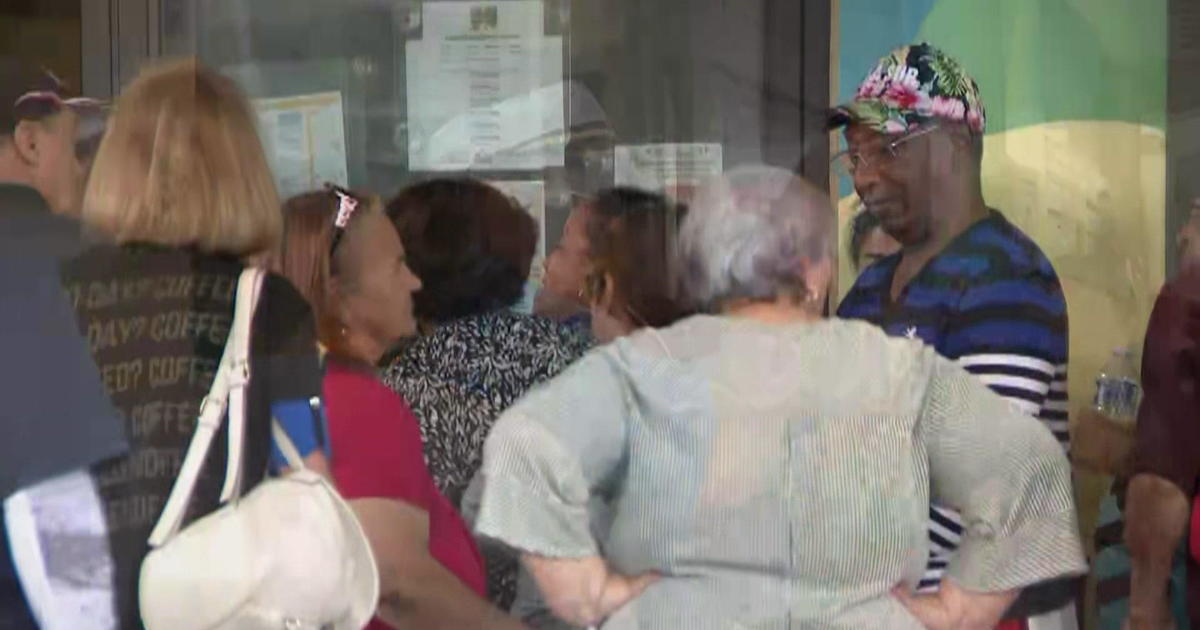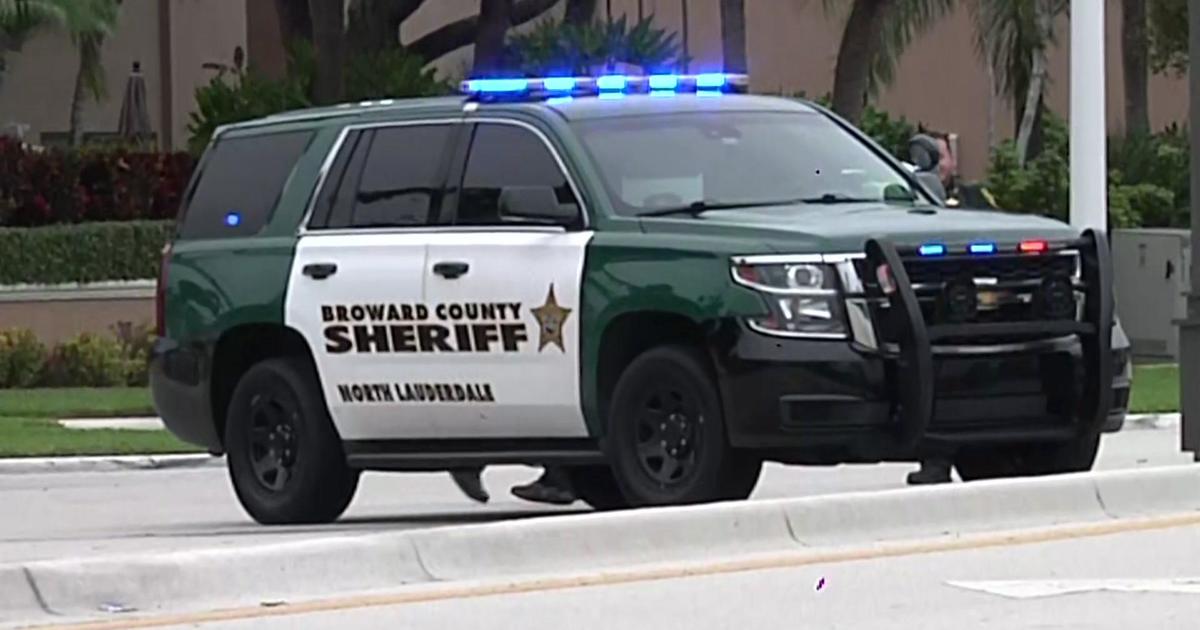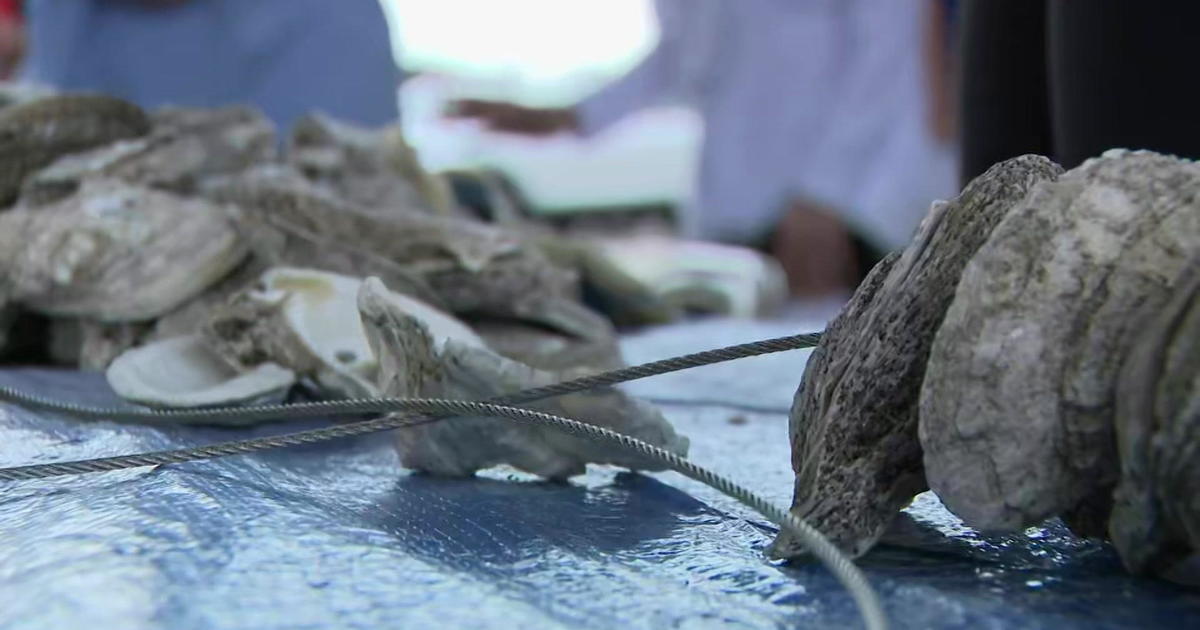Credit Freeze Failed, ID Thief Racks Up Thousands In Fraudulent Charges
Follow CBSMIAMI.COM: Facebook | Twitter
NEW YORK (CBSMiami) - Freezing your credit may not protect you from ID thieves, there's evidence they can still get credit in your name.
David Lewis thought he would place it safe and put a freeze on his accounts at every credit bureau.
"I was thinking my credit was safe, my identity was protected and that nobody would be able to get a credit card in my name," he said.
He was wrong.
An ID thief did get a credit card in David Lewis' name and quickly rang up big bills at three Home Depot stores.
"I owe them $6,200.48 for purchases I never made," said Lewis.
Lewis immediately contacted Fortiva the company that sent him the bill and a new Home Depot home improver card. He asked them how they were able to issue a card in his name.
"They said it wasn't their decision to issue a credit card, it was Home Depot's decision to issue a credit card," said Lewis.
This was actually the second Home Depot credit card the thief applied for. The first was denied because of a block on Lewis' credit file with Equifax. In that case, the freeze worked. But it failed when Fortiva got involved because it's main business is what's called "second look" financing.
It basically gives credit to people with less than perfect credit scores. But the real David Lewis has a near perfect score.
This is how a credit freeze works. It prevents new accounts from being opened by companies you don't do business with bu, it allows those companies to get information to send promotional offers. Companies you have a relationship with can review your file.
That may be the loophole because it's unclear what transpired between Fortiva and Equifax concerning David Lewis. His credit report shows Fortiva first contacted Equifax on May 26th and two days later the new account was opened.
After calls were made on Lewis behalf, Home Depot and Fortiva erased the fraudulent $6,200 debt. Fortiva also removed the account from Lewis' credit file. Equifax called this a unique situation and said it has taken appropriate steps to ensure it won't happen again.
Lewis remains concerned something similar could happen to others.
A search of records from the Consumer Financial Protection Bureau found two similar cases in Georgia and Texas.
Experts still suggest putting a freeze on your credit to protect yourself. You should also check your credit regularly by getting your annual free credit report from each of the credit bureaus.



